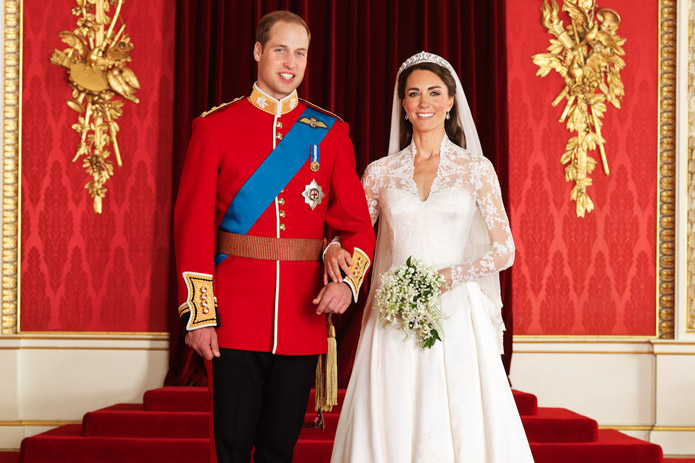The political funding scandal surrounding the Democratic Party of Japan’s (DPJ) powerful secretary-general Ichiro Ozawa has rocked the party and shone the spotlight on challenging aspects of its transition to power. Money-related scandals have long been a feature of Japan’s political landscape, and increasingly stringent political funding laws have caught out politicians across the board.
Investigations are being conducted into whether a land purchase for Ozawa’s political support group in 2004 was partly funded by illegal donations, and financial records deliberately left incomplete to cover this up. Three of his current and former assistants have been charged in connection with the matter.
When the three were arrested, observers gave Ozawa only an even chance of surviving the scandal. DPJ members, on the other hand, have — at least publicly — shown unwavering confidence in his ability to survive.
Losing Ozawa over the scandal would be an enormous shock to the system for the DPJ. His political skills and formidable network make Ozawa the DPJ’s most powerful figure bar none. The flip side of this is a party culture where Diet members are increasingly unprepared to challenge him.
Ozawa is credited with delivering electoral victory to the DPJ, and to a large degree this is deserved. He knew how to harness the rising tide of voter disillusionment with the Liberal Democratic Party (LDP) and turn this into support at the ballot box. Quietly and methodically he picked off constituencies — such as farmers and postal-services workers that formed the core of the LDP’s support base—with policies that appealed to their disillusionment. The party is now counting on him to work his magic ahead of the Upper House election in July.
But voters appear unimpressed with explanations of his involvement in the case. Only 7% of respondents in a Nikkei Shimbun-TV Tokyo poll said they found his explanations adequate, and some 65% believed he should resign as secretary-general. A more recent Kyodo poll put this number at 72%.
At the DPJ party conference on 16 January, there were murmurings of discontent about the impact of the scandal on the party’s popularity. A lid was kept on these, and the party backed him in his role as secretary-general, calling on him to defend himself vigorously. Prime Minister Yukio Hatoyama himself called on Ozawa to fight the investigation. Prepared to openly distance themselves from Ozawa were only a group of seven senior Diet members, led by Kozo Watanabe, a veteran politician and former Supreme Adviser to the DPJ.
After submitting to voluntary questioning twice, Ozawa has avoided indictment due to insufficient evidence against him, and Prime Minister Hatoyama has backed him staying on as Secretary General. For now, Ozawa has managed to keep his grip on power.
The case highlights two issues. First, the DPJ has arguably not yet fully adjusted to being a ruling party. Initial calls by party members for Ozawa to fight the investigation reveal a mindset that still sees the party pitted against a hostile bureaucracy. Ozawa implied the arrests were politically motivated, saying they appeared deliberately timed to coincide with the party conference. This continuing fight with the bureaucracy will not serve the DPJ’s interests over the long term.
The DPJ has also been criticised harshly in the media, which accused it of lacking the neutrality required of a ruling party towards its own administration. In turn, the DPJ hit out at the media over its coverage of the scandal. This suggests the DPJ is still coming to terms with the higher level of scrutiny applied to actions of governing parties compared with those in the opposition.
The second issue highlighted by the case is the DPJ’s vulnerability resulting from the party’s heavy reliance on Ozawa. So powerful is his presence that the party without his leadership has come to seem unthinkable. At this stage, Ozawa looks set to lead the party to Upper House elections, despite the public’s view that he should resign. However, even if he does, it would suit the party’s interests to foster a more participative party culture, able to develop the leaders of the future.





